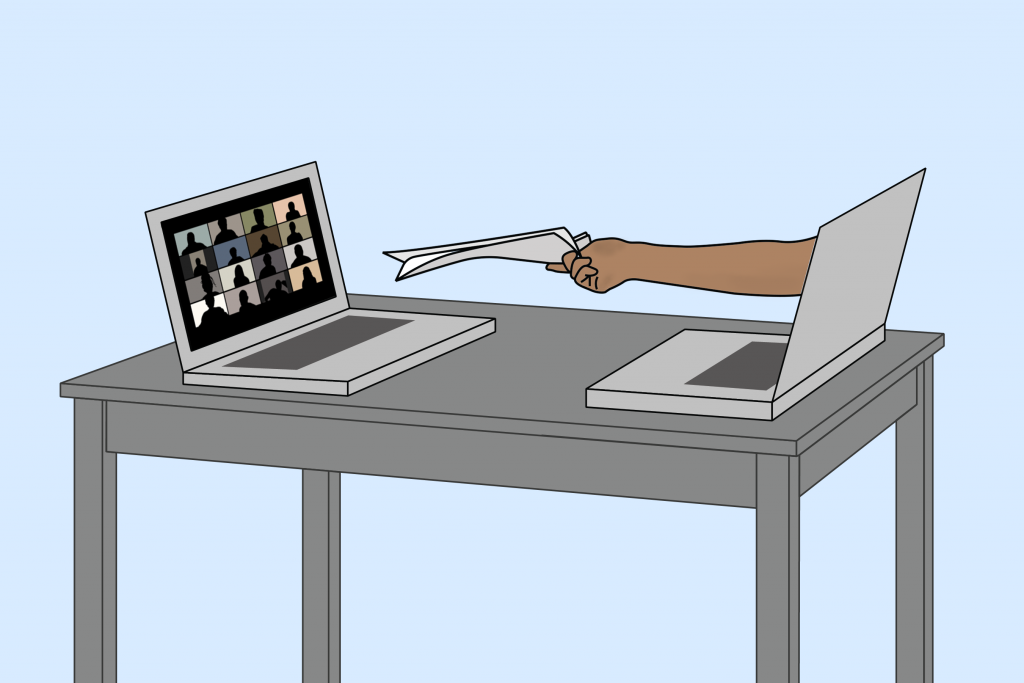The Southeastern Conference (SEC) has been issuing new COVID-19 guidelines and recommendations for weeks in an attempt to manage the pandemic whilst moving forward with football season. Still, outbreaks on its members’ respective campuses have continued.
Ole Miss is dealing with less than 100 active COVID-19 cases, and this past week was the first since players returned to campus in which the football team reported zero new positive tests. The total case count at Ole Miss is up to 649 since March, and other SEC schools have similar numbers.
The Daily Mississippian spoke with sports editors across the SEC about their schools’ case count and how it is impacting the fall football season.
University of Florida
River Wells, the sports editor for the Independent Florida Alligator at the University of Florida, said the Gators are looking to have a strong team leading into week one against Ole Miss.
“The football team has done a very good job remaining COVID-19-free,” Wells said. “The team had one player test positive, but more importantly, a story we actually broke is that an assistant coach with the team tested positive, and that was big news.”
As of Sept. 15, the University of Florida daily COVID-19 tracker says there are around 700 students who have tested positive since May. This number does not include positive results from students who have been tested off-campus, according to the Alligator’s health reporter Thomas Weber.
Weber said the total number is likely much higher.
“As for concerns among the general student population, there was a rise (in cases) after Labor Day with people going home and such,” Wells said. “The school still has not clarified how they are doing student tickets with that announcement being very anticipated, but for the most part, UF has done a good job when it came to keeping their football team healthy.”
University of South Carolina
During the week of Sept. 3, the University of South Carolina reported more than 1,000 positive cases among students and faculty, garnering national news attention.
“Obviously we were on the news for our case count recently, but it has since gone down,” said Michael Sauls, co-sports editor for The Daily Gamecock. “In my opinion, campus administration did a great job of controlling and mitigating the virus on campus. I think the main problem was off-campus partying that the university administration could only do so much about.”
Although the current total since Aug. 1 among students is 2,185 and this past week the active case count was 196, the football team has been able to avoid many of the effects of COVID-19, according to Sauls.
“(USC head coach Will) Muschamp said in a press conference Sunday night that the team currently had two active COVID-19 cases and nine players in quarantine with four or five players returning to practice on Monday,” Sauls said. “I think everyone involved with football operations has done a wonderful job keeping players, coaches and staff members safe.”
University of Tennessee
Similarly to the University of South Carolina, the University of Tennessee recently made national news, but not for their student case count. Instead, the institution received attention for cancelling a Saturday scrimmage because 44 players would be missing.
Ryan Schumpert, the sports editor at The Daily Beacon, said the main reason that number was so high was because of contact tracing.
“The numbers on that were about seven or eight guys testing positive for COVID-19, and then 27 or 28 guys were out because of contact tracing, and then that would leave the remaining 10 guys or so being out due to regular injuries,” Schumpert said.
Contact tracing has led to mass absences of players for multiple teams. According to SEC protocols, if a player is in close contact with someone who tests positive, the non-positive player is forced to sit out for 14 days whether they test positive or not.
Tennessee head coach Jeremy Pruitt expressed frustration with this policy after it led to his team’s scrimmage cancellation.
The take-away
When it comes to the start of the SEC season, there are a lot of keen differences between this season and a normal season. Whether it be the all-conference schedule, the limited stadium capacity or the absence of tailgating, the question remains: will it all work?
The problems the SEC could run into could have massive implications for the entirety of the conference, such as the effects of contact tracing potentially pulling 20 plus players out — similar to what happened at the University of Tennessee.
Some of these scenarios are already beginning to take place. River Wells of the Alligator explained that the University of Florida’s women’s soccer team had to postpone the start of their season after the majority of the team tested positive for COVID-19.
With high case counts at SEC universities and limited student capacity in stadiums, the risk for the players is low with the distance that is supposed to be kept from spectators. What’s not so clear is the potential 15 to 20 thousand fans expected to be in the stadiums during games this season.
With Ole Miss facing Florida on Sept. 26, the reality of what will play out at Vaught- Hemingway Stadium in week one is still to be seen.














